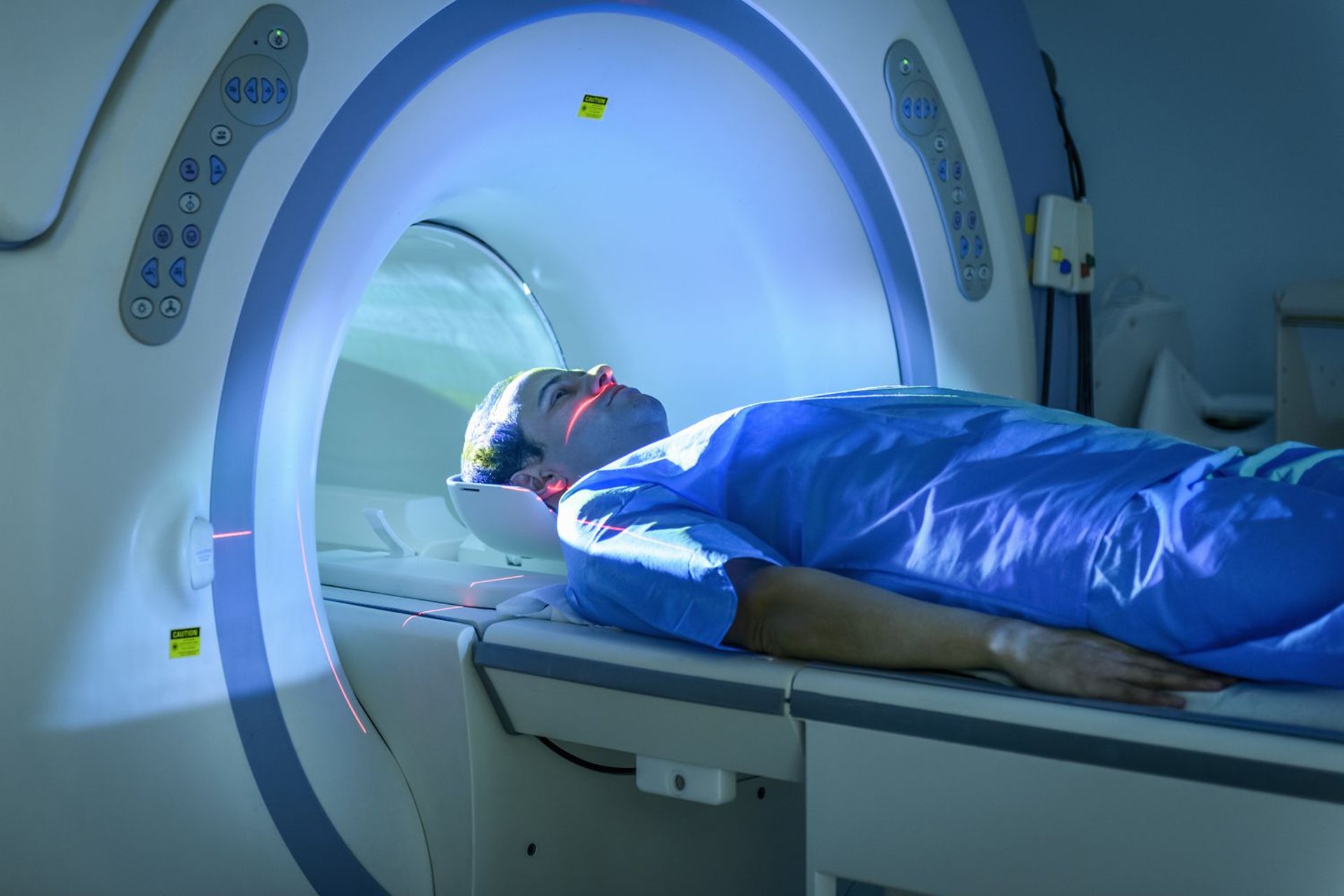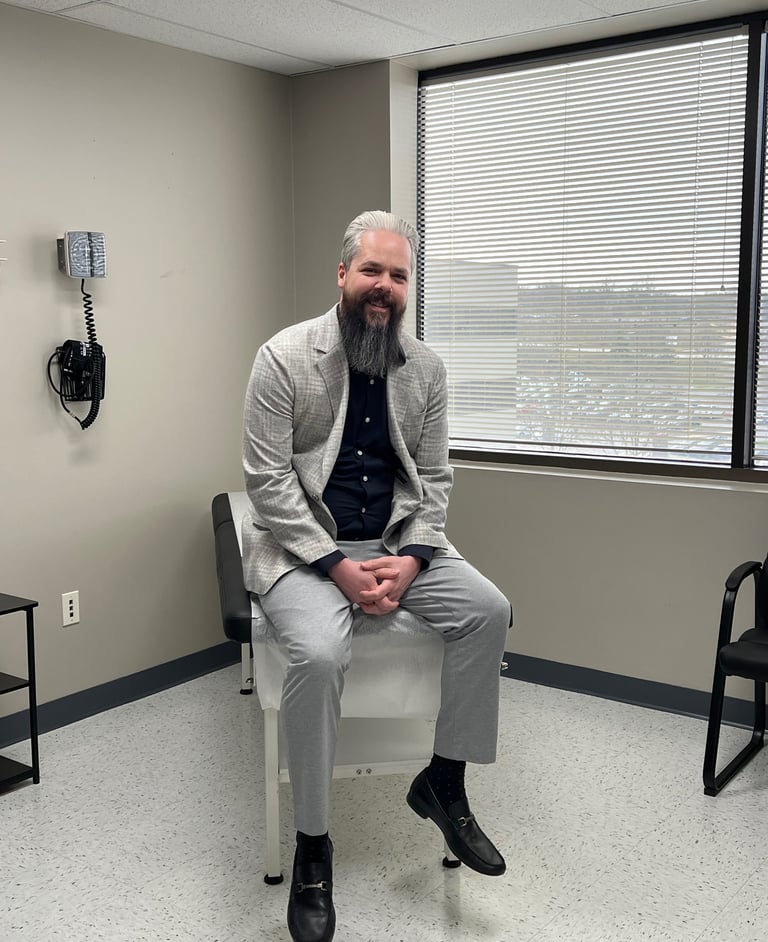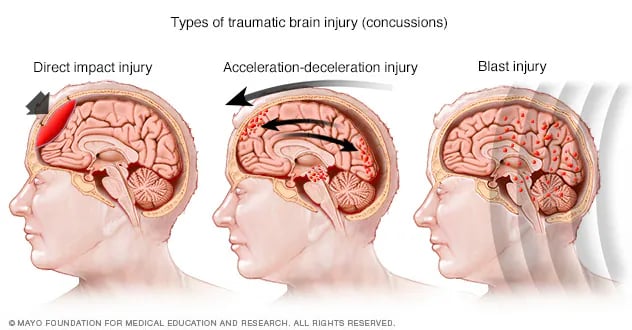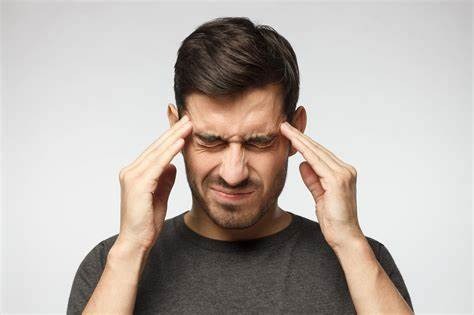
Concussion Chiropractor Kansas City
Traumatic brain injuries affect the brain's structure and function after a blow, jolt, or impact to the head—often from car accidents, falls, or sports injuries. This page explains the anatomy of the brain, how TBIs happen, and how they are diagnosed using advanced imaging like DTI scans and clinical evaluation.
Get the Care You Need - Fast! We Will Get You in ASAP! Transportation Provided if Needed.
Understanding the Brain: Anatomy & Function
Frontal Lobe: Responsible for reasoning, motor skills, higher-level cognition, and expressive language.
Parietal Lobe: Processes tactile sensory information such as pressure, touch, and pain.
Temporal Lobe: Involved in processing auditory information and encoding memory.
Occipital Lobe: Primarily responsible for interpreting visual stimuli and information.
Cerebellum: Coordinates voluntary movements such as posture, balance, coordination, and speech.
Brainstem: Controls the flow of messages between the brain and the rest of the body, and regulates vital functions such as breathing, swallowing, heart rate, and blood pressure.


Concussion Rehabilitation & Exercise Program
"After working with countless patients who struggled to get clear answers and effective treatment after concussions, I realized there was a critical gap in care. Many people were left navigating symptoms without a structured path forward. I developed the CORE Program to close that gap, offering a comprehensive concussion management system. My CORE Program gives patients and providers a reliable framework to manage concussions more effectively and help prevent long-term complications. It was built out of a true need I saw every day in practice, and a commitment to deliver something better."
-Lance Stevenson, DC


How Traumatic Brain Injuries Occur in Car Accidents
During a car accident, the sudden deceleration or impact can cause the brain to move rapidly within the skull. This movement can lead to:
Concussions: A mild TBI resulting from a blow to the head or violent shaking.
Contusions: Bruising of the brain tissue.
Diffuse Axonal Injuries: Widespread damage to the brain's white matter due to shearing forces.
Hematomas: Accumulation of blood within the brain or between the brain and skull.


Prevalence of Traumatic Brain Injuries
Traumatic brain injuries are a significant public health concern:
In the United States, approximately 2 million people sustain a TBI each year.
TBIs are a leading cause of death and disability, especially among children and young adults.
Common causes include falls, vehicle collisions, and sports injuries.

Been in an Accident? Schedule Your Free Consultation
Auto Accident Injury Specialists - Call Now!
Expert Personal Injury Care
Cognitive & Mental
Trouble concentrating
Memory problems or confusion
Feeling mentally foggy or slowed down
Difficulty following conversations
Disorientation or forgetfulness
Delayed verbal responses
Repeating questions or sentences
Trouble multitasking


Physical Symptoms
Persistent headaches or pressure in the head
Dizziness or lightheadedness
Nausea or vomiting
Blurred or double vision
Sensitivity to light or noise
Ringing in the ears (tinnitus)
Loss of balance or coordination
Fatigue or feeling drowsy
Slurred speech
Trouble sleeping or sleeping more than usual
Seizures (in severe cases)
Irritability or mood swings
Anxiety or panic attacks
Depression or sadness
Feeling easily overwhelmed
Lack of motivation or drive
Increased emotional sensitivity
Sudden changes in personality
Emotional & Behavioral Symptoms




Doctor That Treats Concussion Near Me - Common Concussion Symptoms
My Concussion Rehabilitation & Exercise (CORE) Program Includes:
1. Clinical Concussion Evaluation
Comprehensive neurological screening
Detailed patient history focused on mechanism of injury (e.g., auto accident)
Cranial nerve testing
Eye movement and gaze stability testing
Balance and coordination screening
Cervicogenic component assessment (neck-brain interaction)
2. Advanced Diagnostic Imaging
MRI and DTI (Diffusion Tensor Imaging) to evaluate white matter integrity.
3. Customized Rehabilitation Program
We create individualized therapy plans that may include:
🌀 Vestibular Rehabilitation
To treat dizziness, vertigo, balance issues, and motion sensitivity commonly seen after concussion.
👀 Oculomotor Rehabilitation
To address problems with eye tracking, focusing, visual motion sensitivity, and reading comprehension.
🧠 Neuromuscular Reeducation
To reconnect the brain with the body’s motor system, improving coordination, spatial awareness, and movement accuracy.
⚖️ Balance Training
Targeted exercises to stabilize the vestibular system and improve postural control and fall prevention.
💆 Cervical Spine & Chiropractic Care
Gentle chiropractic adjustments to the upper cervical spine can help alleviate headaches, neck pain, and postural instability that often follow TBI.

"After my car accident, I could barely turn my head. They didn’t just treat my whiplash they actually figured out why my dizziness wouldn’t go away. The balance therapy made a huge difference. Super thankful for how thorough they are."
“Honestly, the evaluation was super detailed and so was the treatment. He didn’t just try to cover up my symptoms, he actually helped me feel better. If you’re dealing with concussion, I’d totally recommend this place.”
★★★★★
★★★★★
What Our Auto Injury Patients Are Saying
★★★★★
“I was referred here after hitting my head in a rear-end collision. I thought it was just a headache, but they found signs of a concussion. The therapy plan they built helped clear my brain fog and neck pain. Highly recommend them if you’ve been in a crash.”
Whiplash Chiropractor in Kansas City
Lance@ChiroKC.com
816-226-7476
© 2025 Lance Stevenson, DC, LLC. All rights reserved.
Disclaimer: The content provided on this page is for informational and educational purposes only and is not intended as a substitute for professional medical, legal, or insurance advice. While every effort is made to provide accurate and up-to-date information, it should not be relied upon as the sole basis for decisions regarding your health, legal matters, or insurance claims. Please consult with your healthcare provider, attorney, insurance company, or other relevant professionals for personalized guidance tailored to your specific situation.
1010 Carondelet Dr., Suite 416
Kansas City, MO 64114